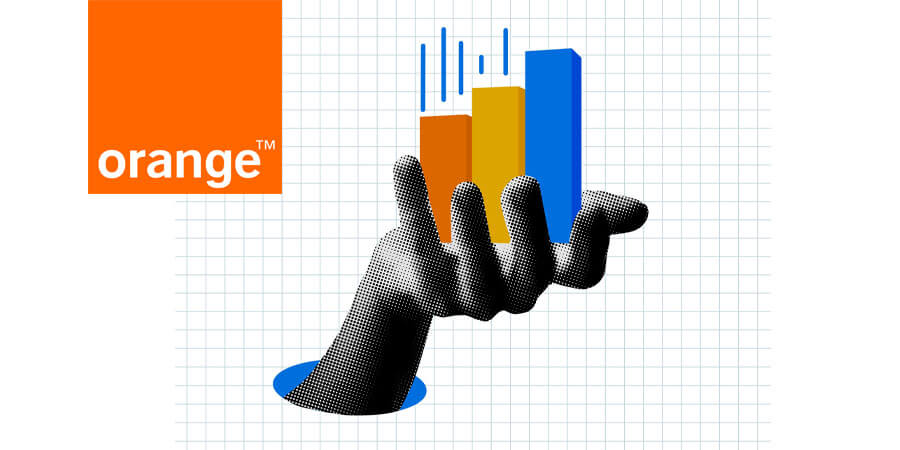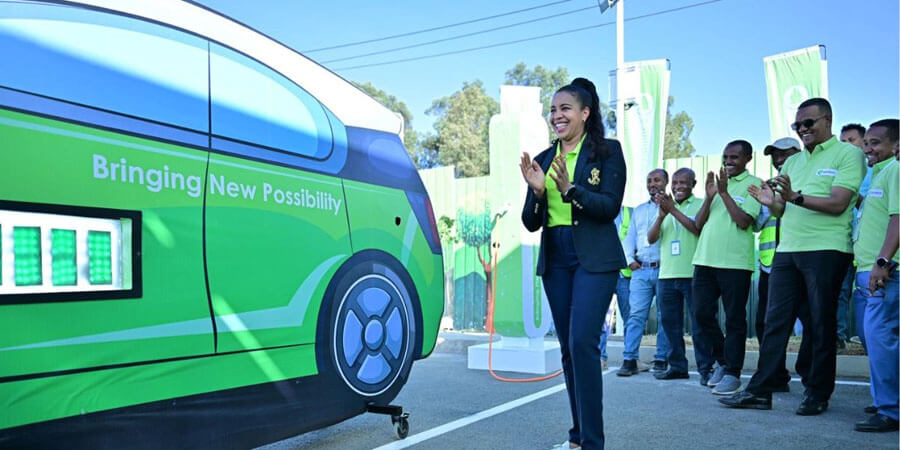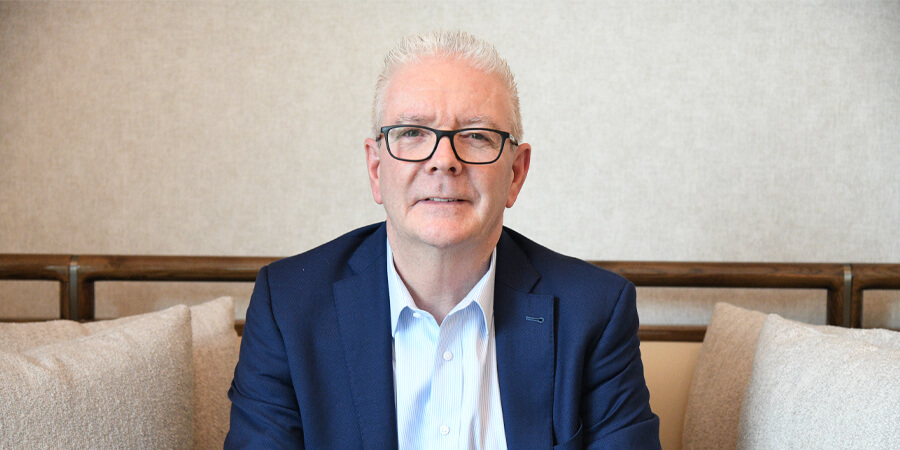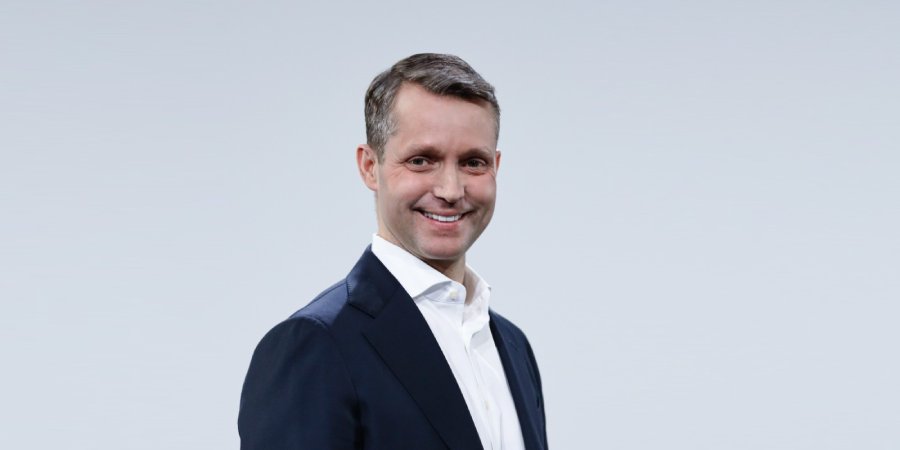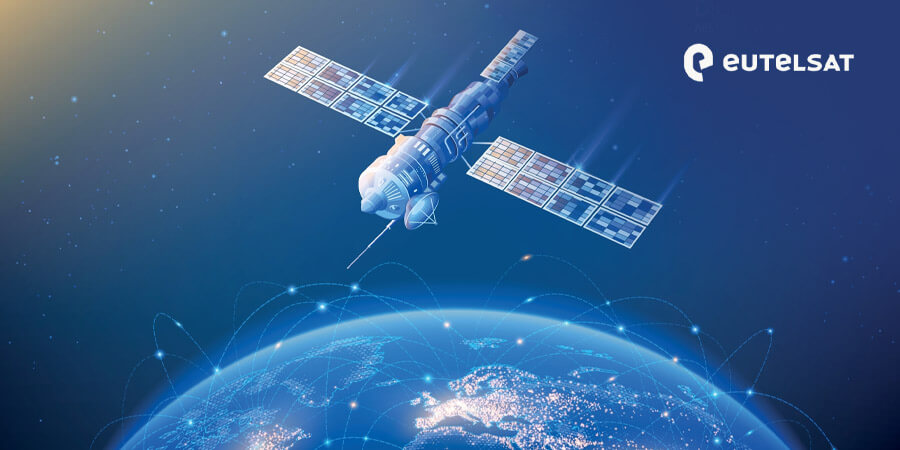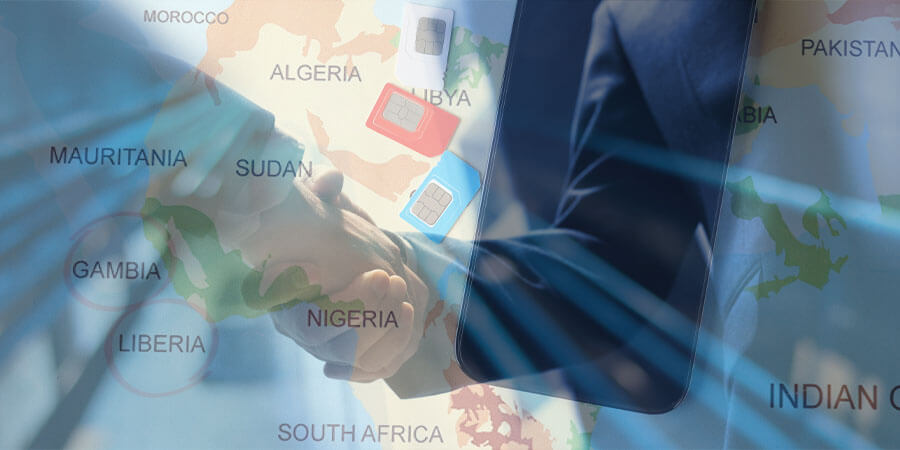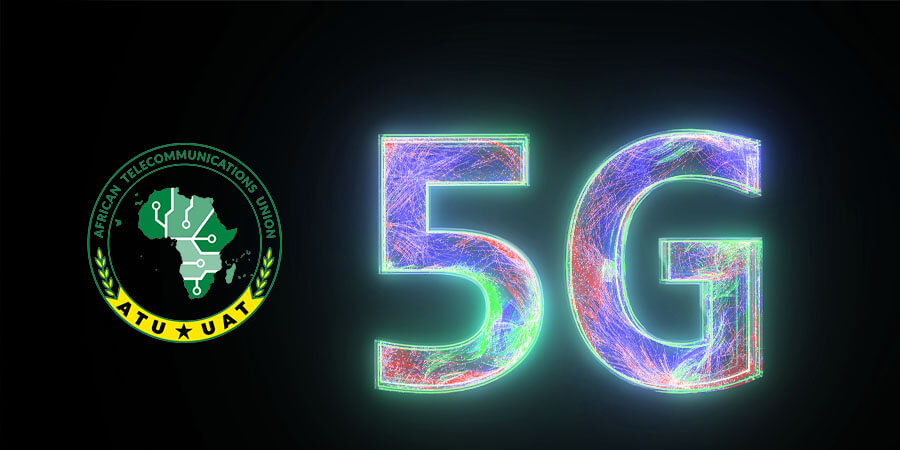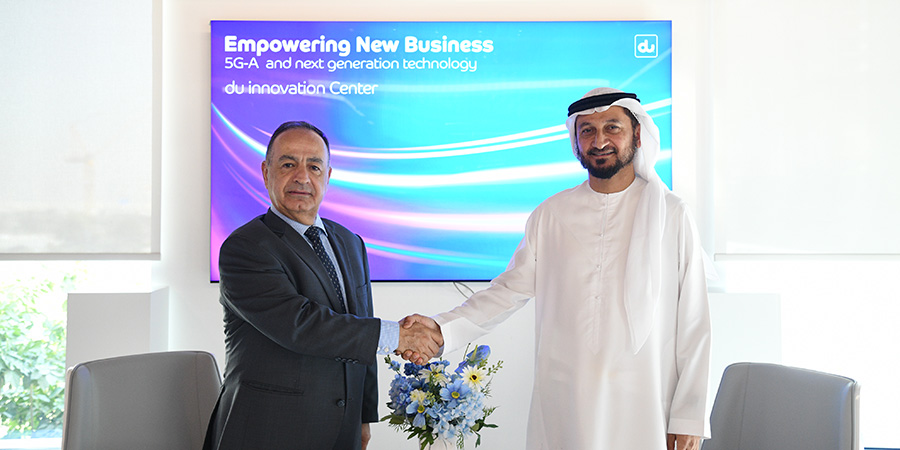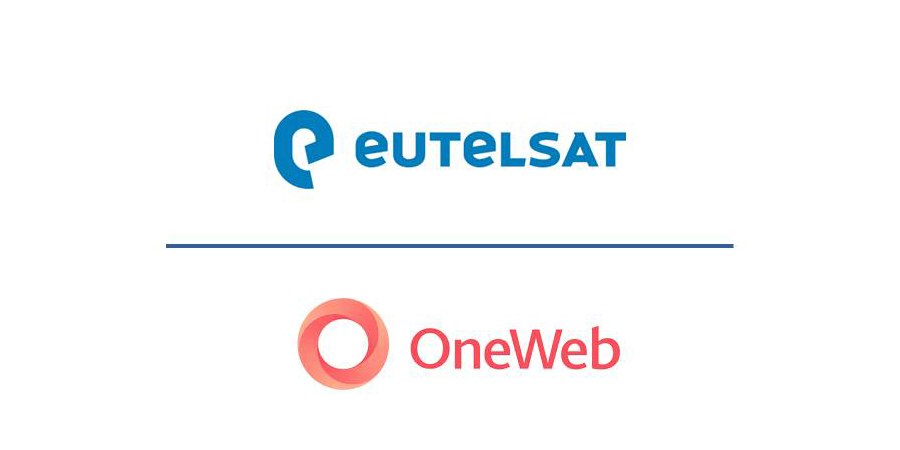A year after collapsing into bankruptcy, satellite operator OneWeb has revived its goal of providing broadband satellite internet service after European operator Eutelsat said it would invest $550 million in the project.
Eutelsat's "roughly 24 percent" stake will allow OneWeb to position itself as a rival to Elon Musk's SpaceX as Eutelsat joins the British government and Indian multinational Bharti Global as a key shareholder.
Bharti Global is active in telecoms, agribusiness and financial services.
"OneWeb will be the first complete non-geostationary constellation with truly global coverage, significantly ahead of competing projects," Eutelsat said in a statement.
OneWeb plans to deploy 648 low-orbit satellites to offer broadband internet to around 90 per cent of the planet.
To date it has launched 182, including the latest 36.
Britain seeks a post-Brexit alternative to the European Union's Galileo satellite navigation project into which it invested heavily prior to leaving the bloc.
OneWeb's service is to begin in some regions by year's end, with global rollout expected by the end of 2022.
Eutelsat said the project "anticipates annual revenues of circa $1 billion within three to five years following the full deployment of the constellation, with a partnership approach and profitable wholesale business model."
Its investment "leaves OneWeb almost fully funded and the company is well advanced in terms of securing its remaining funding needs this year".
Eutelsat director general Rodolphe Belmer hailed a "substantial opportunity represented by the non-geostationary segment within our industry."
British Business Secretary Kwasi Kwarteng said, "Today's investment is another giant leap forward for OneWeb in realising its ambition to provide global broadband connectivity around the globe."
He added that the project would place the UK "at the forefront of the latest developments in low Earth orbit technology."
OneWeb Executive Chairman Sunil Bharti Mittal hailed a deal which he said would see partners benefit "from the entrepreneurial energy of Bharti, extensive global outreach of UK and long-term expertise of the satellite industry at Eutelsat."











